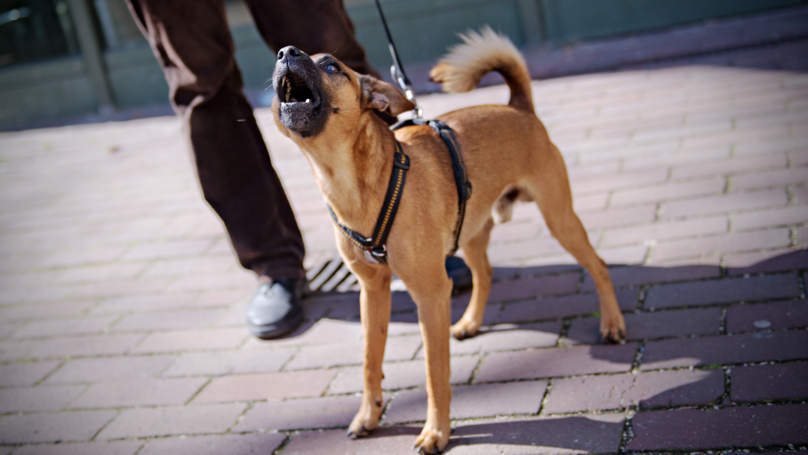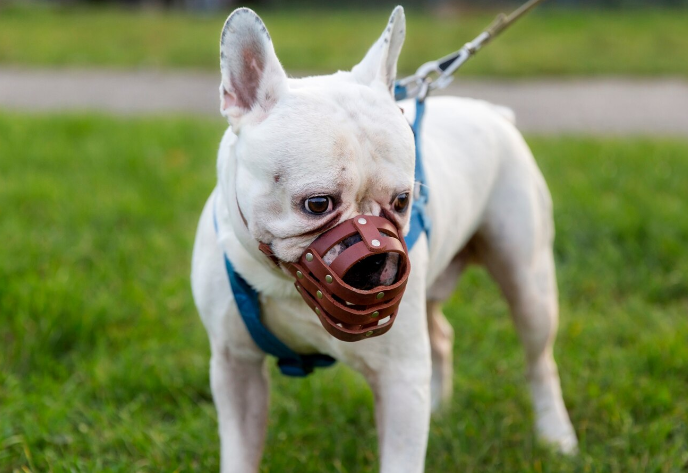
Are Dogs Naturally Instinctive?
According to scientists, the answer appears to be yes. Behavioral studies suggest that our beloved canine companions can sense when someone has bad intentions. A deeper dive into the extraordinary sensory abilities of dogs reveals just how perceptive they truly are.
Dogs and Trustworthiness
Dogs may be even more intuitive than we realize. Research suggests that they can assess a person’s reliability. Japanese scientist Akiko Takaoka from Kyoto University conducted a formal experiment consisting of three phases to determine whether dogs could recognize deception.
In the first step, a dog’s owner pointed to a container holding food. The dog followed the signal and found the treat. Next, the owner pointed to an empty container. The dog, expecting food, approached but found nothing.
This demonstrated that dogs rely on human gestures to locate objects. However, when these gestures proved unreliable, the dogs showed signs of confusion and unease.
By the third trial, the dogs no longer obeyed the misleading instructions. This suggested that they had lost trust in the deceptive human. The experiment, involving 34 dogs, concluded that canines evaluate a person’s credibility based on past interactions.

Researchers plan to extend this study to wolves, a close relative of dogs, to explore whether this ability is unique to domesticated animals.
Dog’s Empathy
Dogs also appear to monitor their owners’ social interactions. Another experiment involved strangers asking for help on the street. Afterward, those who assisted the dog’s owner attempted to feed the dog.
The results were intriguing—dogs willingly accepted food from those who had helped their owners. Surprisingly, they also accepted food from neutral bystanders who had not interfered. However, they outright rejected food from individuals who had been rude or aggressive toward their owners.
Moreover, dogs can interpret human gestures and facial expressions. A study published in Biology Letters by the British Royal Society found that dogs can discern emotions based on our tone of voice and facial cues.
They are the only non-human species capable of recognizing both joy and anger in humans. “Our research demonstrates that dogs integrate multiple sensory inputs to form a coherent understanding of human and canine emotions,” explains Kun Guo, a researcher at the University of Lincoln.
The Benefits of Animal Therapy
Animal-assisted therapy, commonly known as pet therapy, offers numerous advantages for human well-being. Guided by a pet therapist who facilitates interaction, these sessions create a natural and judgment-free connection between humans and animals. The result is a deeply relaxing and rewarding experience.

For both adults and children, spending time with animals can enhance overall quality of life and even help address psychological challenges. The benefits of this therapy include:
- Encouraging social interaction and communication
- Reducing stress, anxiety, and loneliness
- Boosting memory and cognitive function
- Enhancing motor skills, as well as spatial and temporal awareness
- Supporting language development and cognitive processing
- Promoting emotional expression
- Strengthening self-esteem and confidence
- Helping individuals adjust to new environments
From detecting dishonesty to offering emotional support, dogs are more than just pets—they are remarkably perceptive and compassionate companions.
Why do dogs ba.rk and bi.te some people but not others? There’s always a reason!
1. Dogs ba.rk because they are encoutering something new
One of the most common reason is that dogs ba.rk because they are experiencing new things. Some less friendly dogs will ba.rk as soon as they meet strangers because there are too many new things about that person for them: such as a new scent, new behavior… For dogs, new things make them cautious and are perceived as potential threats.
2. Certain faces or behaviors make dogs bark more easily
In reality, there are some human traits that make dogs more excited:
- When you wear accessories like a hooded hat or sunglasses: This reduces the dog’s ability to observe your face, making them feel threatened.
- If you have a lot of facial hair.
- If you are tall and muscular, it can scare them.
- Your voice is too deep and loud.
- You point your fingers or stare directly into the dog’s eyes.
- You smoke in front of them. However, dogs are not bothered by the smell of shampoo, perfume, or deodorant…
 Image for illustrative purpose only.
Image for illustrative purpose only.
3. Dogs want to protect their owners
Dogs are loyal animals, and by nature, they value their territory and tend to be highly protective of their owners. They often act aggressively towards strangers to safeguard their owner.
4. Dogs can sense a person’s character
A dog’s ability to feel a person’s nature is an impressive trait. Some researchs suggest that dogs can judge whether a person is trustworthy or not. This is because dogs are keen observers. They will watch and remember human actions for a long time, especially how others treat their owner.
5. Due to past bad experiences
During their life with humans, some dogs may carry negative memories. These memories form their defensive instincts. If you resemble someone who caused them a bad memory, the dog will bark immediately.
 Image for illustrative purpose only.
Image for illustrative purpose only.
6. How to prevent being bi.tten by a dog
To prevent being bitten by a dog, tre:at it kindly when it’s still a puppy. As the owner, you should expose the dog to as many new scents, noises, and people as possible so that when it grows up, nothing surprises it. Owners can also train their dogs not to ba.rk excessively when strangers come to the house, and don’t forget to reward them with their favorite tre:ats when they behave correctly.

